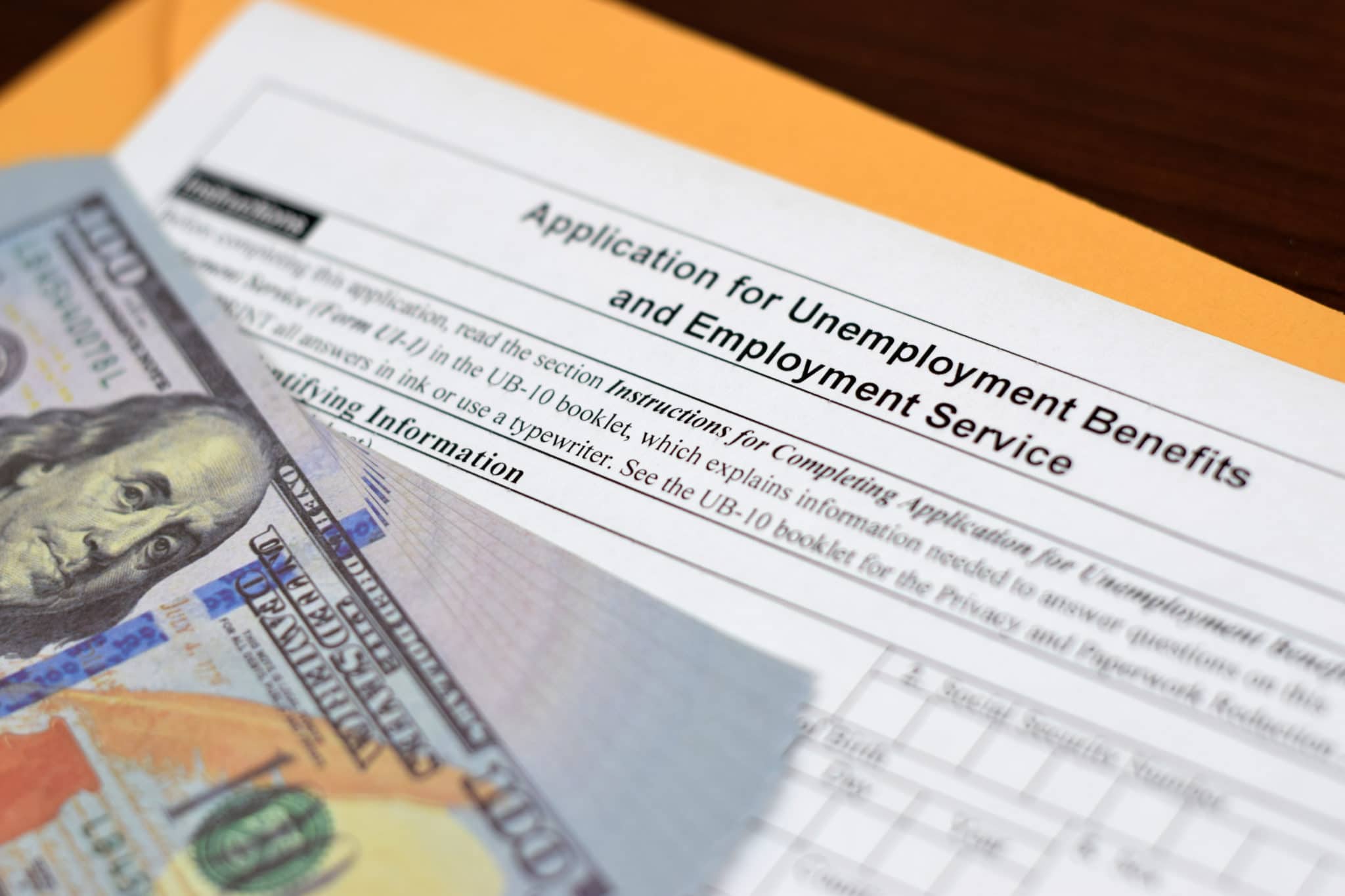
Table of Contents
As of February of 2023, the California unemployment rate was 4.3%–higher than the U.S. average, but significantly lower than the early-pandemic peak of 16.1% in April of 2020. While unemployment rates in Los Angeles and around the country peaked in the spring of 2020 and then gradually improved, unemployment remained high for many months. Both the state and federal governments responded to the crisis with increased and extended unemployment benefits. But, the huge influx of new claims and the administration of special programs meant things didn’t always run smoothly.
Some of these benefits were procured by fraud. But, in many cases, people received unemployment benefits they weren’t entitled to, or received more benefits than they were entitled to, because of honest mistakes or through no fault of their own.
In February, the EDD agreed not to pursue repayment from Californians who innocently received benefits the department later determined they were not entitled to. That’s a huge relief to many who received accidental overpayments during the pandemic. But, overpayments happen even when there’s no crisis underway, and often they do have to be repaid. Here’s what you need to know.
Managing California EDD Overpayments
When you receive a Notice of Potential Overpayment from EDD, the overpayment will be classified as fraud or non-fraud. If the overpayment was due to intentional misrepresentations on your part or other fraudulent activity, you will generally not be eligible for a waiver and can expect to pay a penalty on top of repayment of benefits. However, you may be able to appeal the determination of overpayment.
In a non-fraud case, you have additional options. Most significantly, you will have the opportunity to provide financial information so the EDD can determine whether it would cause “extraordinary hardship” for you to repay the overpayment. If the department determines that repayment would cause extraordinary hardship, the repayment may be waived. You will also have the opportunity to appeal if you don’t believe you were overpaid–for example, if the EDD has determined that you weren’t eligible for benefits during one or more weeks you received them, but you believe you were entitled to those benefits.
Californians who don’t comply with repayment demands could face a wide range of consequences, including civil judgment, garnishment of wages, and attachment or real and personal property. In addition, as a government agency EDD can also intercept state and federal tax refunds and even lottery winnings.
Options for Non-Fraud EDD Overpayments
If EDD has notified you of a potential overpayment, your next steps may include:
- Completing the Personal Financial Statement in hopes of securing a waiver
- Appealing the determination of overpayment, if you believe you were entitled to the benefits you received
- Making full payment to EDD to cover the overpayment
- Entering into a payment agreement with EDD
- Discharging the overpayment obligation in bankruptcy
If you choose to repay the overpayment, think carefully about the best way to do so. For instance, you’ll be offered the opportunity to make payment by credit card, and many people see that as a better option than owing the government money. But, paying off an EDD overpayment with a credit card transforms that debt into a high-interest debt that may cost you significantly more over time. If you can enter into a payment agreement with the EDD, you may be able to make similar (or even lower) monthly payments without incurring a large amount of interest.
You should also be aware that if you enter into an installment agreement, EDD may still intercept your state and federal tax refunds until the balance is paid in full.
Bankruptcy and EDD Overpayments
An EDD overpayment is an unsecured debt and doesn’t get any special treatment in bankruptcy. That means the debt could be discharged completely in a Chapter 7 case. In a Chapter 13 case, it would be treated like all other non-priority unsecured debts, meaning it might be wholly discharged, partly discharged, or paid in full over the three to five years of the Chapter 13 plan.
The EDD could object to discharge if they claim the overpayment was received due to fraud on your part. But, it would be their responsibility to object and to persuade the bankruptcy court that the funds had been procured by fraud and were not eligible for discharge.
To learn more about your options for managing a California EDD overpayment, talk to an experienced Los Angeles debt resolution attorney. The attorneys at Borowitz & Clark offer free consultations to help you make educated decisions about your financial future. You can schedule yours right now by calling 877-439-9717.
